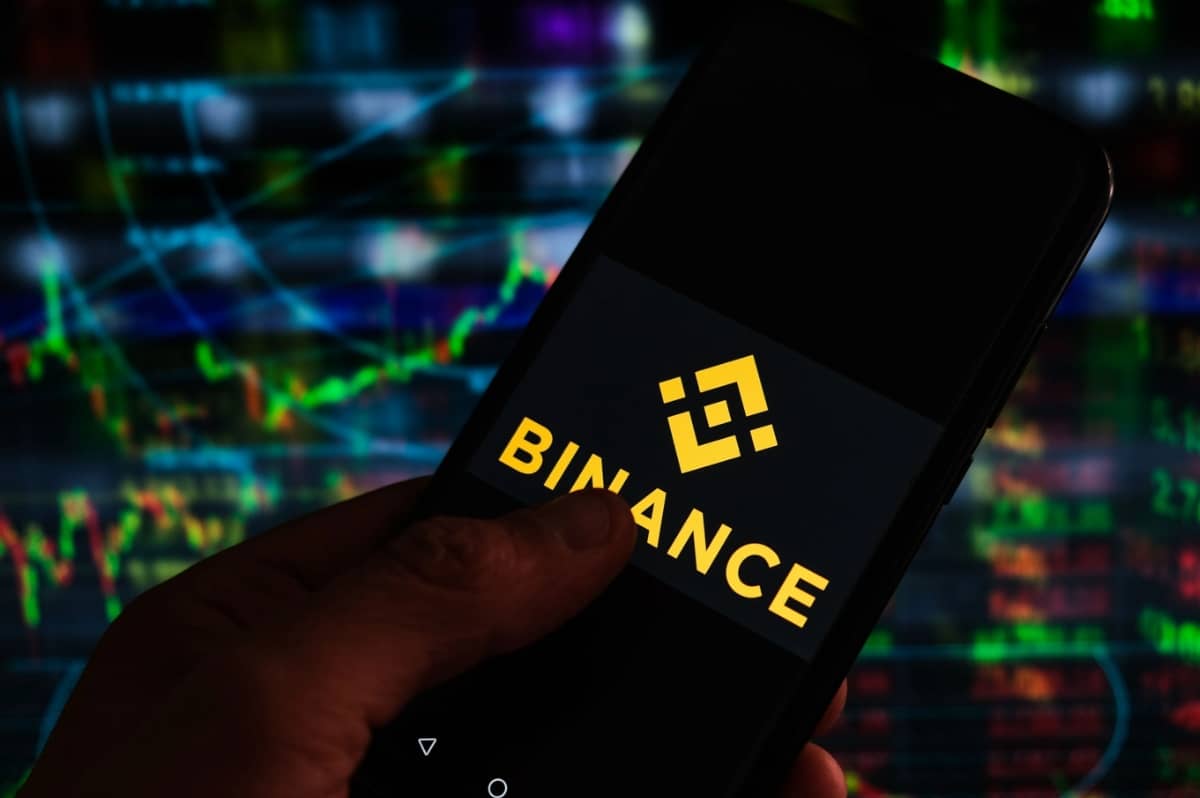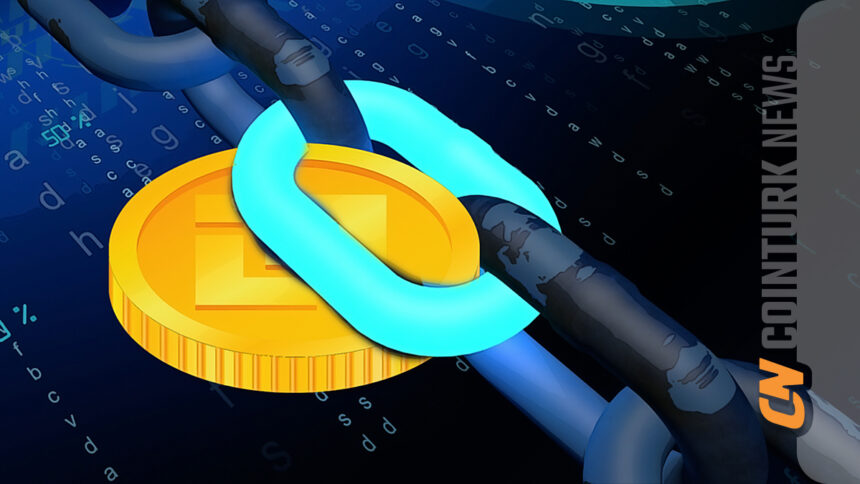The Philippines Securities and Exchange Commission (SEC) has recently made a move that clarified the timeline for the impending ban on Binance as well as other unregulated cryptocurrency exchanges. SEC member Kelvin Lee shed light on the evolving regulatory landscape in the Philippines and its impact on cryptocurrency investors during a panel discussion. Lee’s statements and the bold actions of the Philippine SEC demonstrate that global regulators are focusing on the cryptocurrency market more than ever before.
First-Hand Explanation Regarding the Binance Ban
Philippine SEC member Kelvin Lee emphasized during a panel that the ban on Binance, the world’s largest cryptocurrency exchange, will take effect within three months from the date the recommendation decision was published on November 29, 2023. However, he added that depending on the feedback received, there is a possibility that this period could be extended. Lee also noted that the initial recommended duration on his desk was only one month, and a flexible approach has been adopted in response to developments.

Lee also opposed criticisms arguing that Binance should not be banned due to its lower transaction fees. According to him, the lower transaction fees are related to the cryptocurrency exchange not being registered with the Philippine SEC and not complying with Philippine regulations. The SEC member reminded investors to stay away from unregistered cryptocurrency exchanges in the country, pointing out that accountability and compliance are ensured in registered establishments.
The Overall Regulatory Outlook in the Philippines
Lee also mentioned that the legislative efforts regarding cryptocurrencies in the country are coming to a gradual end, moving from public participation in the review process to a selected expert group providing feedback. He stated that although the Philippines already has draft regulations based at the SEC, they are looking to introduce additional implementation rules and regulations to avoid any conflict with other regulatory agencies.
The SEC member emphasized the importance of encouraging investments in registered entities and consumer protection, calling for collaboration with the increasing number of virtual asset service providers (VASPs) in the country.
Regulatory developments reflect the Philippine SEC’s determination to educate and protect Filipino investors in the continuously evolving cryptocurrency market. In this context, the Philippine SEC had identified significant findings on November 29 that Binance was involved in the illegal securities process within the country, prompting action. According to regulations in the Philippines, companies must be registered with the SEC, including the issuance prices of securities, to operate in the securities field. This rule also applies to licensed brokers operating in the Philippines.

 Türkçe
Türkçe Español
Español









